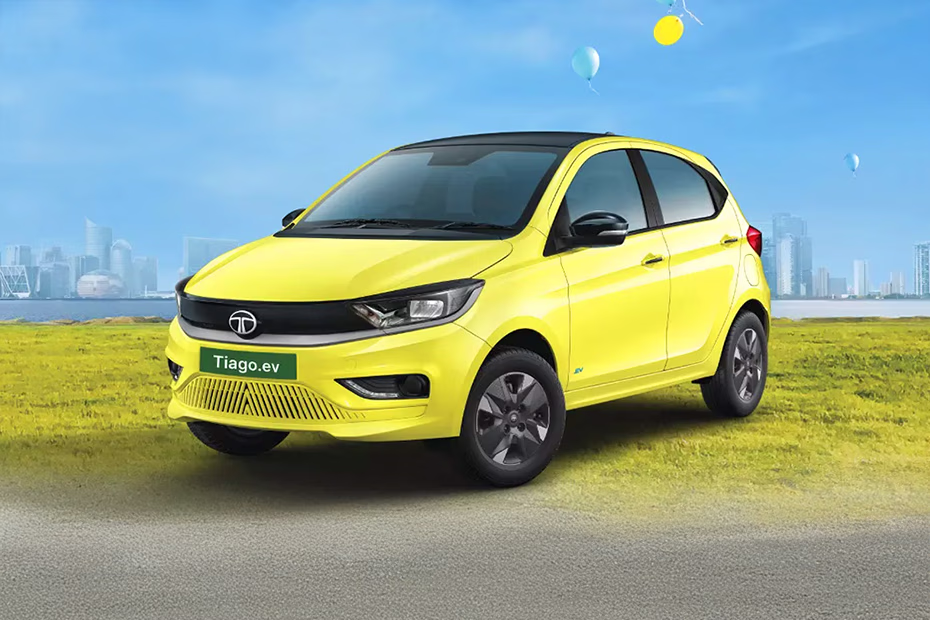Did you know that electric vehicles (EVs) are projected to account for 30% of global car sales by 2030? This shift is already influencing debates about the cost and efficiency of EVs compared to their hybrid and gas-powered counterparts. In 2023, with technology advancing at breakneck speed, understanding these differences is more crucial than ever. In this comprehensive guide, we’ll dive into the cost dynamics and efficiency metrics of electric vehicles, hybrids, and traditional gasoline cars. Whether you’re an eco-conscious consumer or simply trying to make a savvy financial decision, this article will equip you with the insights you need to navigate the rapidly evolving automotive landscape.
Cost and Efficiency Breakdown
1. Electric Vehicles (EVs): The Future-Forward Choice
EVs are at the forefront of automotive innovation, with models from brands like Tesla, Rivian, and BYD leading the charge.
- Initial Cost and Incentives:
- While EVs often come with a higher upfront cost, averaging around $55,000 for popular models like the Tesla Model 3, various government incentives and rebates can significantly offset this expense. In the U.S., federal tax credits can reduce costs by up to $7,500.
- Additionally, in regions like the EU, countries offer additional subsidies, which can make EVs competitively priced against traditional vehicles.
-
Efficiency and Running Costs:
- EVs boast a lower cost per mile, with the U.S. Department of Energy estimating that electric cars cost about $0.035 per mile to operate, compared to $0.10 for gasoline vehicles.
- Charging infrastructure is expanding rapidly, with companies like ChargePoint and Tesla’s Supercharger network making long-distance EV travel increasingly viable.
2. Hybrid Vehicles: The Best of Both Worlds?
Hybrids, such as the Toyota Prius and Hyundai Ioniq, offer a blend of electric and gas power, providing flexibility and improved fuel efficiency.
- Initial Cost and Long-Term Savings:
- With an average starting price of $25,000, hybrids are generally more affordable than EVs. They also qualify for some tax incentives, though typically less than full EVs.
- In terms of fuel economy, hybrids often achieve 50+ miles per gallon, reducing fuel expenses significantly over time.
-
Efficiency and Maintenance:
- Hybrids require less frequent refueling than traditional gas cars, and regenerative braking systems can extend brake life.
- Maintenance costs are generally lower than gas cars, as the electric motor reduces wear on the internal combustion engine.
3. Gasoline Cars: The Traditional Contender
Despite the push for cleaner alternatives, gas-powered vehicles remain a significant market segment due to their familiarity and infrastructure.
- Initial Cost and Accessibility:
- Gas cars offer the lowest entry price, with models starting as low as $15,000. This affordability remains a key selling point for budget-conscious consumers.
- The widespread availability of gas stations ensures convenience for drivers, though fluctuating fuel prices can impact operating costs.
-
Efficiency and Environmental Impact:
- Gasoline cars typically average around 25 miles per gallon, making them less fuel-efficient than hybrids and EVs.
- With increasing environmental regulations, gas cars face potential future restrictions, which could affect resale values.
Practical Value: Making the Right Choice
How to Decide:
- Evaluate Your Driving Habits:
– If you cover short distances daily, an EV might suit you best due to lower running costs and home charging convenience.
– For long-distance travel without frequent charging stops, consider hybrids.
- Consider Infrastructure:
– Check the availability of charging stations or gas stations in your area to ensure convenience.
- Budget and Incentives:
– Factor in available incentives and long-term savings on fuel and maintenance when calculating your budget.
Where to Buy:
- EVs are widely available online and through brand showrooms. Tesla and Lucid Motors, for example, offer online purchasing options.
- For hybrids and gas cars, traditional dealerships like Ford and Hyundai provide extensive networks for purchasing and servicing.
Conclusion:
In the 2023 showdown between EVs, hybrids, and gas cars, each option presents unique advantages. If environmental impact and long-term savings are your priorities, EVs stand out as a compelling choice. Hybrids offer a balanced approach, while gas cars remain a budget-friendly option with familiar infrastructure. As technology evolves and charging networks expand, the decision between these options will continue to shift. So, what’s your take? Are you ready to join the electric revolution or stick with the tried-and-true gas engine? The future of automotive technology is bright, and your next car could play a significant role in driving it forward.

